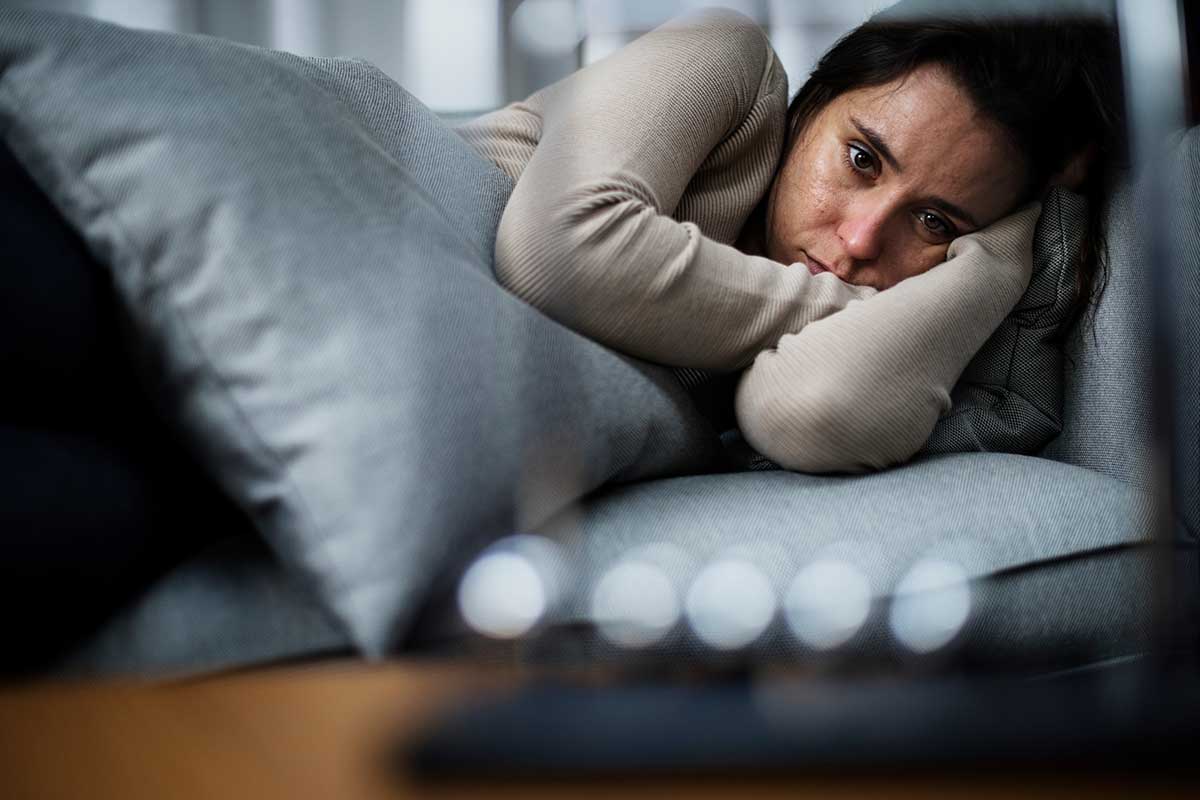Is your relationship heading for doom? Are you experiencing argument déjà-vu? If so, relationship counseling could help you both see eye-to-eye.
What do you need to consider before you embark upon counseling, though? That’s what we’re here to explore today.
First thing’s first, you can certainly heal your relationship with couples’ therapy as long as you don’t leave it too late.
It’s now considered a myth that seeking relationship counseling is a sign of a failed relationship. If you get outside help early in the relationship, there’s a strong chance it’ll be successful.
Six-Year Itch
Evidence suggests that couples avoid seeking professional help for six years. Sadly, their relationship will already have reached a crisis point by then. Years of anger and resentment are challenging to reverse.
Thomas Bradbury is an Assistant Professor of Psychology at the University of California. He likens getting couple therapy to getting treatment for a broken leg. If you seek treatment right away, you’ll heal. If you leave it for too long, you’ll end up with long-term swelling and pain that isn’t very easy to treat.
Often, the problems that end up in the therapist’s office started early in the relationship and have never been resolved. Without effective communication and repairing skills, relationship issues are left untied. Patterns of argument déjà vu see the same argument pop up over time.
It’s essential to get to therapy as soon as possible if your arguments are escalating. That said, if you don’t think it’s possible to get treatment at this stage, you can at least try some self-help books.
You Must Both Be Willing To Engage In Relationship Therapy
If only one of you is motivated to engage with relationship counseling, it’s not going to work.
Oftentimes, men are reluctant to go to couples’ therapy. Perhaps they are cynical that it will work, or they don’t like talking about their feelings with a stranger.
Some men may even fear an alliance between their spouse and the therapist.
What If You Can’t Get Your Partner To Consider Counseling?
It’s well-known in therapy and generally that men often don’t want to embark upon relationship counseling.
Matt Englar-Carlson, a psychologist and professor of counseling at California State University, suggests using “guy-friendly” language when discussing couples’ therapy.
The idea of therapy can seem more attractive if it’s more action and results-oriented. The goal is to get the male partner to want treatment rather than feeling forced into it.
It’s Not The Therapist’s Job To Fix Your Relationship
The job of a relationship counselor is to help you learn skills to have a better relationship, not to fix it for you.
It’s essential to have realistic expectations of what the therapist can do. Both men and women must be committed to relationship counseling.
The therapist you use is likely to have a significant influence on the success of relationship counseling. Finding a therapist via word-of-mouth from friends can be a good route.
Counseling Doesn’t Always Work
While relationship counseling is successful in helping many couples improve their relationship, many couples still split-up despite having engaged in couples’ therapy.
Success depends on different factors that can predict the success of relationship counseling. Your attitude toward therapy is essential. If you believe that it’ll work, you’ll get more out of it.
If one or both of you are depressed, this could affect the success of the therapy. Relationship counseling requires both parties to develop a positive attitude, and depression can hinder this. However, it could be that the advice can help to alleviate depression symptoms.
Relationship Therapy Won’t Work If Your Relationship Is Abusive
If your relationship is verbally, emotionally, or physically abusive, this will stand in the way of relationship counseling.
An abusive relationship needs a different type of intervention. Relationship counseling can lead to the end of a relationship as the abusive partner uses the sessions against the spouse.
If you have an abusive spouse, maybe it’s time to see a therapist who can help you navigate an abusive relationship.
If you can iron-out the abuse issues, relationship counseling can work.
So, are you still considering couples’ therapy?
Different Types Of Counseling For Relationships
There are many types of relationship counseling emerging, but here are some of the more popular modalities:
Imago Relationship Therapy
Imago relationship therapy teaches listening and speaking skills that promote harmony and empathy, even when there is a disagreement. The emphasis is on acknowledging and accepting each others’ differences.
Integrated Behavior Couple Therapy
Integrated behavior therapy is research-based, which means studies have proven its success. Integrated Behavior Couple Therapy encourages couples to accept that there are two sides to a story. Couples gain an understanding of each other’s emotions and learn to accept them.
A five-year study in 2010 found that 50% of couples, who took part in the study, showed significant improvement in relationship satisfaction.
Gottman Method
The Gottman Method is also a research-based method. Dr. Gottman claims he can predict the success of a relationship with 90% accuracy. Gottman’s approach teaches about four relationship mistakes that will signal the end of a relationship. He calls them the four horsemen:
- Criticism
- Contempt
- Defensiveness
- Stonewalling
The Gottman method teaches couples to switch from the four horsemen habits to more constructive, positive habits.
Emotionally Focused Therapy
Studies have proven emotionally focused therapy reduces anxiety and depression in couples. The treatment works in three steps…
Firstly, the therapist helps to de-escalate and calm the situation down.
The couple next learns communication skills that promote cooperation and harmony instead of conflict and blame.
The third step is to consolidate what the couple has learned so they can incorporate the learned skills into future communication.
Narrative Therapy
Narrative couples’ therapy gets the distressed couple to distance themselves from their problems using language.
A therapist will guide them to refer to emotionally charged issues with neutral, emotionless nouns, such as the annoyance.
This process is externalizing. Externalization allows for constructive discussion of the other problems in the relationship.
What Is The Success Rate of Relationship Therapy?
Research has found that relationship counseling is useful in helping couples to resolve anger and resentments. Couples who are willing can learn relationship skills to de-escalate negative situations.
A 5-year study of 143 distressed couples on an Integrated Behavior Couple Therapy Program indicated that 50% of couples showed a significant improvement in their relationship.
Studies have found Dr. Gottman’s approach useful in improving distressed relationships. His method also benefits relationships with domestic violence.
Relationship counseling is undoubtedly successful in many distressed relationships, but it’s not a magic bullet.
So, if you’re still interested in relationship counseling, be aware of your responsibilities and limitations. That way, you’ll be more likely to heal your relationship successfully.
Get in touch if you’d like any further information about relationship counseling. We’ll be more than happy to help.

Choose Recovery Over Addiction
We're here 24/7 to help you get the care you need to live life on your terms, without drugs or alcohol. Talk to our recovery specialists today and learn about our integrated treatment programs.






